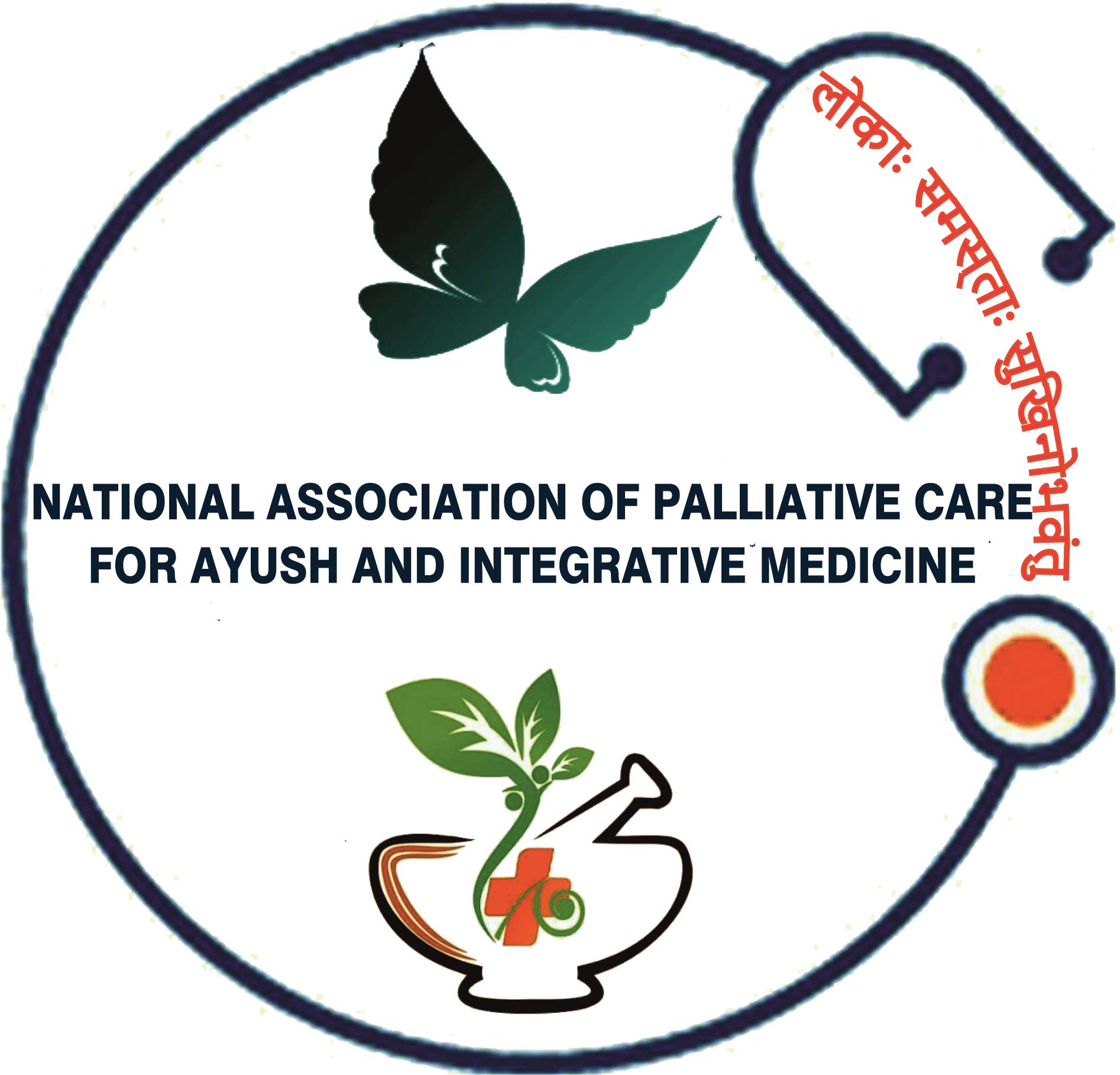
What is AYUSH?
AYUSH is an acronym for Ayurveda, Yoga and Naturopathy, Unani, Siddha, and Homeopathy. Apart from the modern medical therapy, these are the indigenous systems of medicine practised in India.
Department of Indian System of medicine was created in March 1995 and renamed as AYUSH in November 2003 focusing attention on the development of these systems.
In 2014, Government of India created a separate ministry. The system is gradually progressing ahead with a vision to be a globally accepted one.
Currently, AYUSH system is a part of mainstream health system implemented under the National Rural Health Mission (NRHM), which came into being in 2005.
The acronym AYUSH stands for:
- A (Ayurveda)—It means the Science of life. It believes that positive health is the basis of cherishing all life goals.
- Y (Yoga and Naturopathy)—Yoga is the spiritual discipline that focuses on bringing harmony between mind and body whereas Naturopathy is the art of living healthy in a drugless system.
- U (Unani)—It is a form of a traditional medical system that fully deals with the various states of health and disease.
- S (Siddha)—It is one of the earliest medicines in the world which treats not only the body but also the mind and soul.
- H (Homeopathy)—It is a distinct medical speciality practised across the world which teaches to treat the disease by using the remedies that produce the opposite effects.
Because of the increase in the incidences of non-communicable diseases, AYUSH medicines that come under the category of experienced medicine are cost-effective, known for safety issues, and time-tested. AYUSH medicines are widely used as an independent option in long-term diseases. Therefore the relevance of AYUSH has become more.
In the above background, government is encouraging AYUSH also where every medical system is allowed to grow on the basis of its evident strength.
